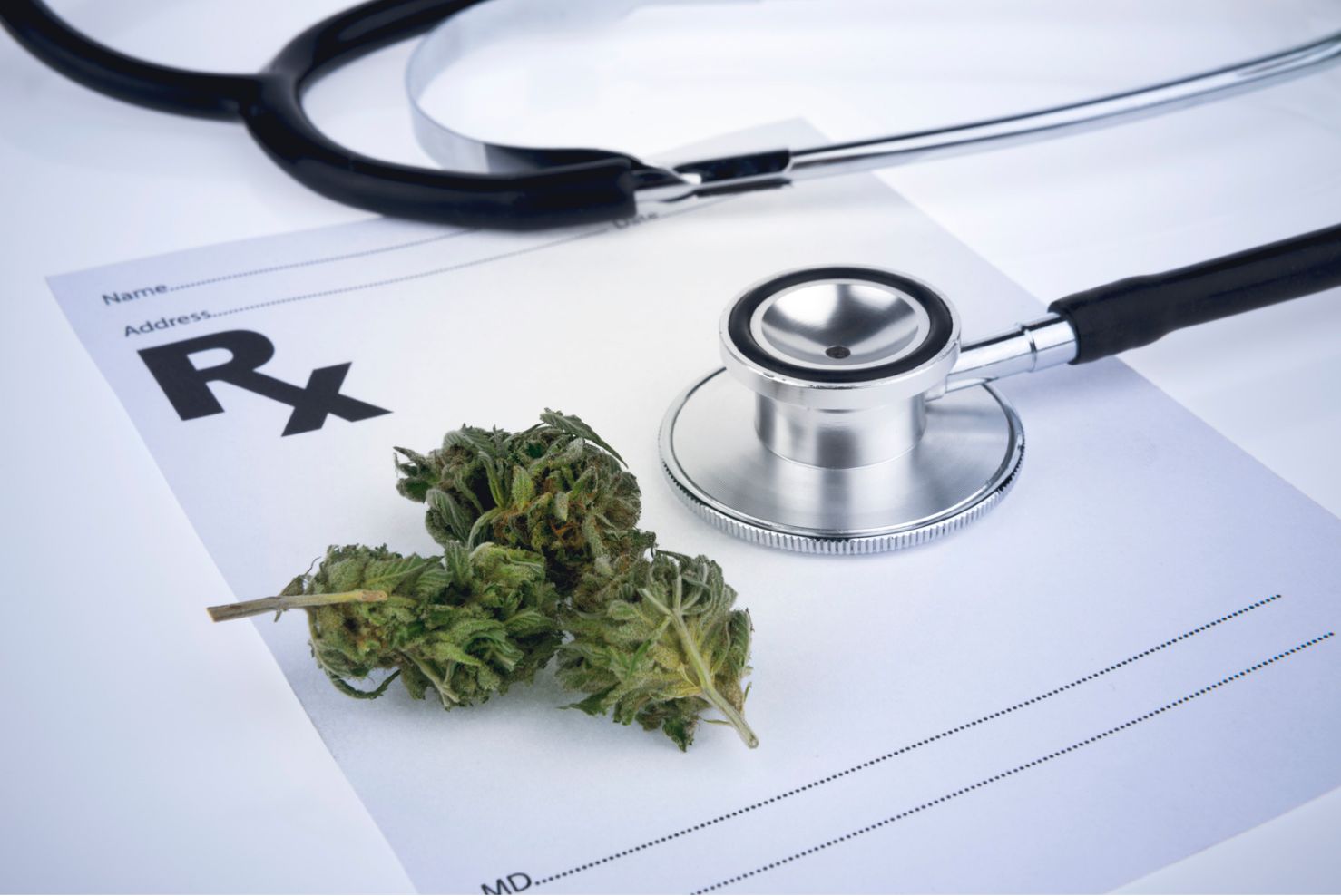Cannabinoids and PTSD
All Blog PostsPTSD, or Post-Traumatic Stress Disorder, is a psychological condition that can develop in individuals who have experienced or witnessed deeply distressing or traumatic events. These events are often emotionally or physically harmful, or even life-threatening, leading to enduring mental, emotional, and physical challenges. Historically, terms like "shell shock" and "combat fatigue" were used to describe PTSD among veterans returning from World War I and II. However, modern understanding recognizes that PTSD can stem from various traumatic experiences, including natural disasters, serious accidents, physical or sexual assaults, domestic violence, and bullying.
PTSD doesn't discriminate based on age, affecting individuals of all ages. Statistics show that approximately 3.6% of adults in the US have been diagnosed with PTSD, with a higher prevalence of about 8% among teenagers. It's estimated that one in 11 individuals will experience PTSD at some point in their lives, with women being twice as likely as men to develop the disorder. Notably, while many people encounter traumatic events, only a fraction, about 8-12%, go on to develop PTSD. Evidence suggests a genetic predisposition to PTSD, with genetic links identified between PTSD and major depressive disorder.
PTSD manifests through four primary categories of symptoms:
- Intrusive thoughts: Recurring involuntary memories, nightmares, and flashbacks of the traumatic event.
- Avoidance: Steer clear of triggers, including people, places, or situations reminiscent of the trauma, along with resistance to discussing the event or related feelings.
- Alterations in cognition and mood: Distorted thoughts about the trauma's causes or consequences, persistent feelings of fear, horror, anger, guilt, or shame, detachment from others, and an inability to experience joy or satisfaction.
- Alterations in arousal and reactivity: Irritability, outbursts of anger, self-destructive behavior, heightened startle response, and difficulties with sleep or concentration.
Therapy and pharmaceutical interventions form the cornerstone of PTSD treatment. Antidepressants, anti-anxiety medications, and antipsychotics are commonly prescribed, although they often come with significant side effects and limited efficacy. Notably, abnormalities in the endocannabinoid system have been observed in individuals with PTSD. Research suggests that balancing this system with cannabinoids like CBD and THC could potentially alleviate symptoms.
Some evidence supports a dysfunction of the endocannabinoid system as a root cause of PTSD. According to a review by Mayo et al 2022, "Preclinical research shows that endocannabinoid activity influences functional connectivity between the prefontal cortex and the amygdala and thereby influences an organism’s ability to cope with threats and stressful experiences." Activation of the type 1 cannabinoid receptor in the amygdala is crucial to to suppress fearful memories and without this suppression, PTSD may result. Enhancing the endocannabinoid system with phytocannabinoids can help PTSD sufferers by reducing the difficult symptoms they experience.
Important research findings:
- Numerous studies on synthetic THC drugs (nabilone) report improvement in anxiety, depression, mood disorders, nightmares, insomnia and other PTSD symptoms with reduction of other ineffective medications.
- Low dose THC given to 10 PTSD sufferers alleviated disrupted sleep and lowered frequncy of nightmares, hyperarousal symptoms and overall symptoms of PTSD.
- A 2014 report on PTSD patients approved to use medical cannabis in New Mexico documented a greater than 75% reduction in the Clinician Administered Posttraumatic Scale for DSM-IV (CAPS) symptom scores were reported when patients were using cannabis compared to when they were not.
- A 2022 published case series of 162 PTSD patients in the UK reported statistically significant (not due to chance) improvements in PTSD symptoms, sleep and anxiety across all follow-up periods (from baseline to 6 months) with improvements in health-related quality of life.
Some in the medical community feel that there is not enough evidence to recommend cannabinoid based medicines for PTSD. Unfortunately because cannabis has been in the Schedule I of the Controlled Substance Act, meaningful research has been prohibited. As a cannabis physician for over a decade and a half, there is no question in my mind that those suffering from PTSD should trial cannabinoid-based medicines, especially if they have been struggling with previous treatments, with toxic side effects or lack of efficacy. Cannabis is safe, effective, and well tolerated by most, and allows for customization to an individual's response. With readily available cannabinoid's including THC, CBD, CBG, CBD a, and others, one can design a regimen that limits unwanted side effects, promotes healing and restores a good quality of life.
If you or a loved one is struggling with PTSD, we can refer you to a licensed and knowledgeable cannabinoid specialist who can provide guidance and help you find a safe and effective cannabinoid regimen.

